
‘By being responsive to changes at the system level, multilateralism can contribute to maintaining peace during the shifts in the balance of power that we are currently living through. Europe’s peoples would benefit from it, as would their governments’ reputation and diplomatic standing in the world.’
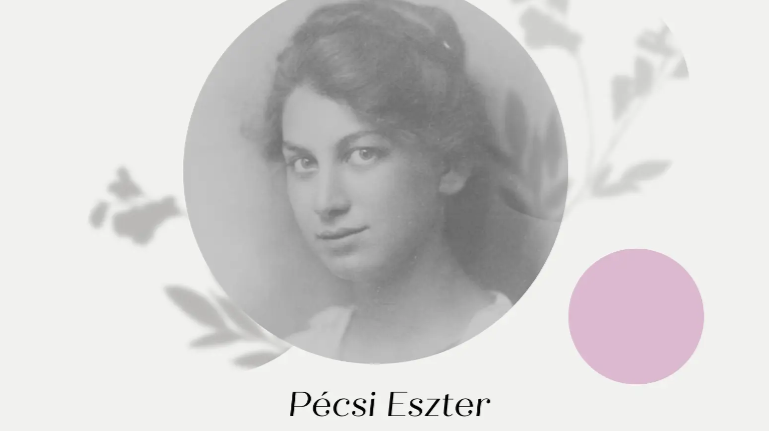
‘Our heroine wanted to become an engineer from an early age and chose the least feminine of all disciplines—structural engineering. She drew up the plans for the reinforced concrete structures of the national swimming pool designed by Alfréd Hajós…and it was her task to reinforce the collapsed roof structure of the damaged National Theatre.’

Hungary has secured a US-backed ‘financial shield’ to protect its economy from external shocks, Prime Minister Viktor Orbán said after meeting Donald Trump at the White House. He claimed that the European Commission’s ‘financial blackmail’ had become ineffective, adding that the US had promised to defend Hungary’s financial stability.

‘I wasn’t sure whether Gyula was interested romantically or only as a friend. When I asked him, he answered: “I don’t know. I find you interesting, but I have children, and they are my top priority.” I replied to him: “If you had answered anything else, I wouldn’t be as interested.” In the end, instead of Hungary, I chose Gyula…I found my true home beside him.’

‘In shedding light on his work and the history of the Hungarian Betar movement, we not only recover a lost voice of right-wing Zionism but also gain a fuller, more nuanced understanding of Jewish history in Hungary before, during, and after the Holocaust.’
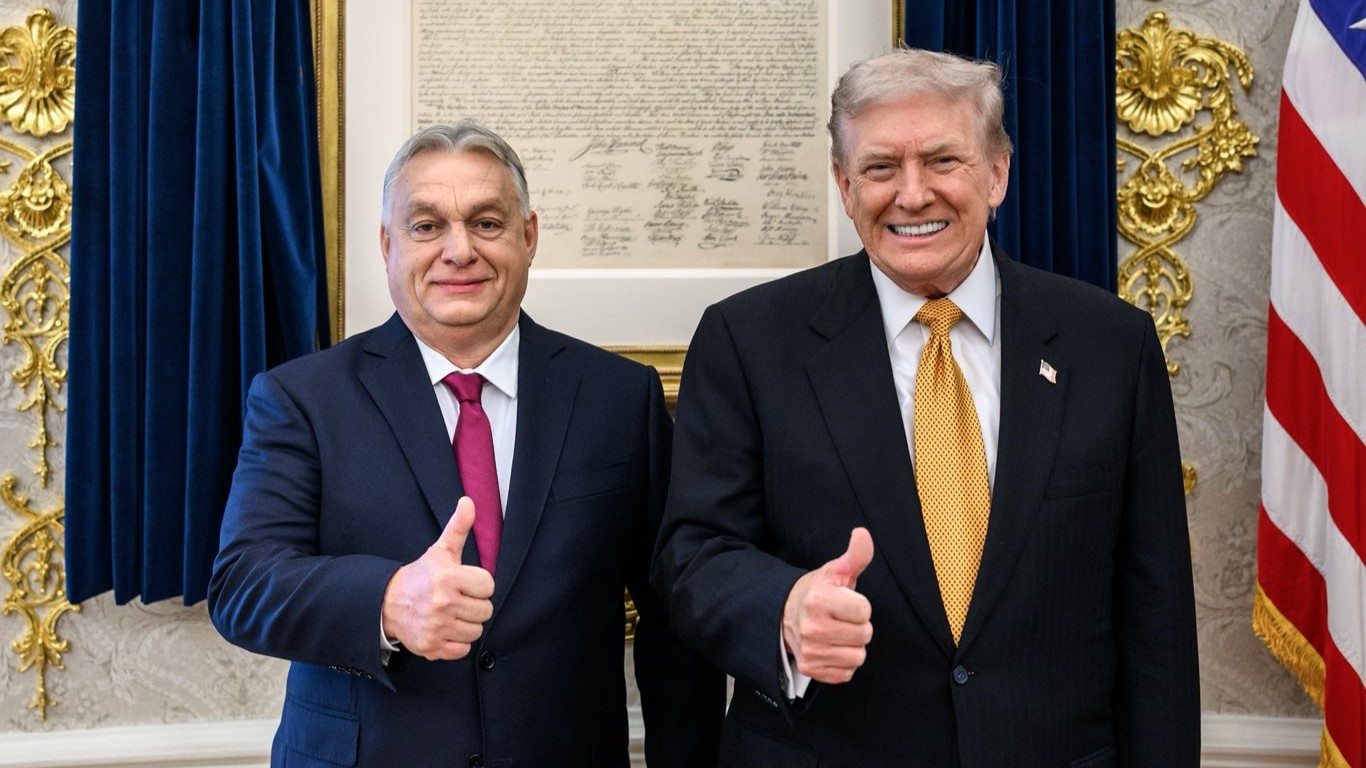
US President Donald Trump approved a full sanctions exemption for Hungary on Russian oil and gas imports during his White House meeting with Prime Minister Viktor Orbán, in what both sides called a new era of US–Hungarian cooperation. The leaders secured multimillion-dollar deals on nuclear energy, defence, and space technology.
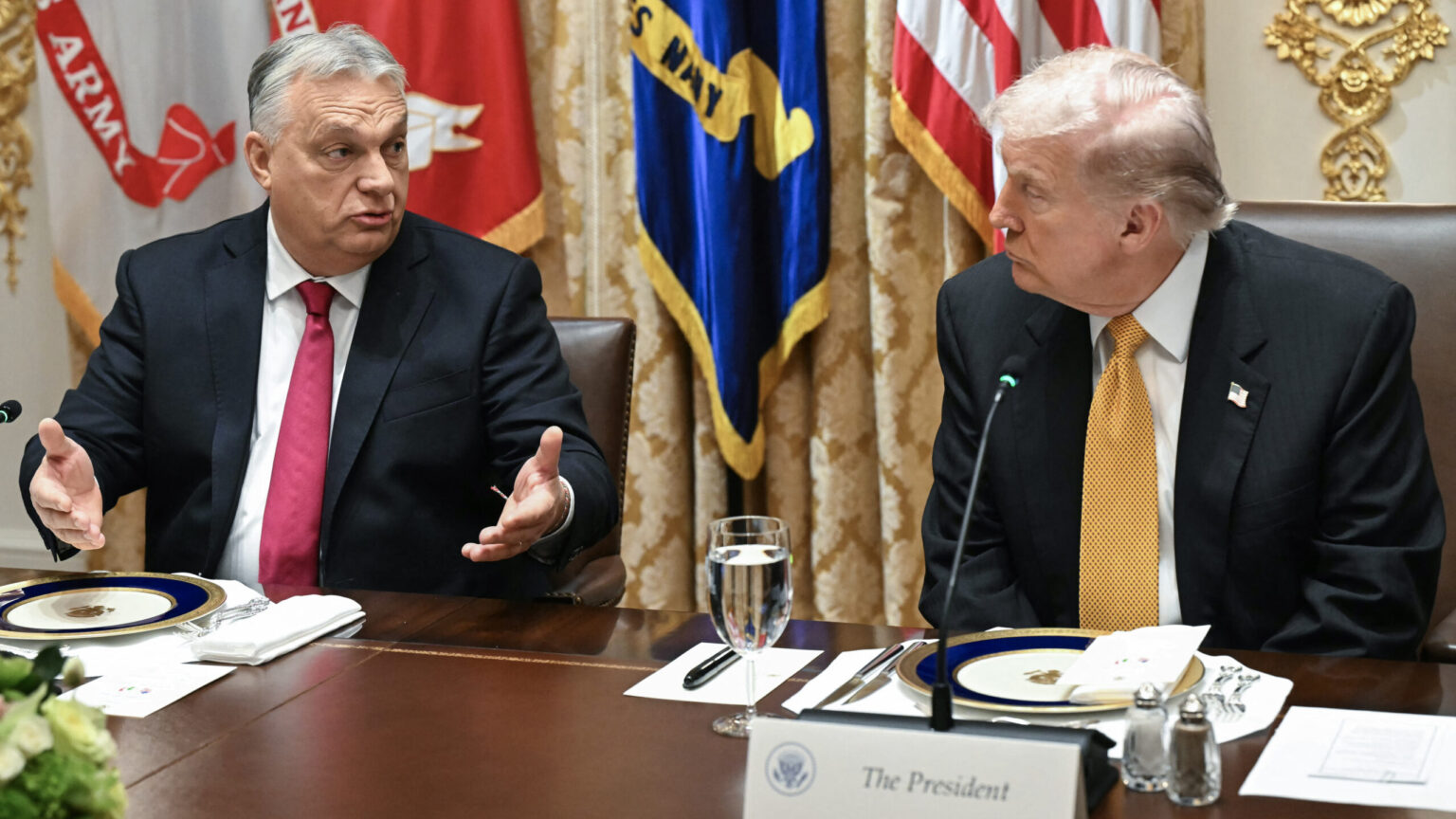
US President Donald Trump hailed Viktor Orbán as ‘a great man and a strong leader’ as he hosted the Hungarian prime minister at the White House. During their joint press conference, the two leaders discussed energy cooperation, potential sanctions exemptions, and the war in Ukraine, with Orbán reaffirming his support for Trump’s efforts to bring the conflict to an end.

Grand Theft Auto 6 has been postponed again, with Rockstar Games now targeting a 19 November 2026 release. The long-awaited sequel, originally expected in May 2026, needs additional development time to meet fans’ high expectations—extending the wait to more than a decade since GTA 5.

Lake Balaton’s 179th passenger shipping season has closed with record-breaking traffic. BAHART ferries and boats carried more than 2.3 million passengers this year, already surpassing 2024’s full-year total and signalling continued growth in regional tourism.

‘Brazil’s energy transition is marked by uneven progress. Highlights include the implementation of deforestation curbs and the robust growth of renewable energy generation…However, the country ranks 28th in the Climate Change Performance Index, among the medium performers, while the Climate Action Tracker deems its climate targets insufficient.’
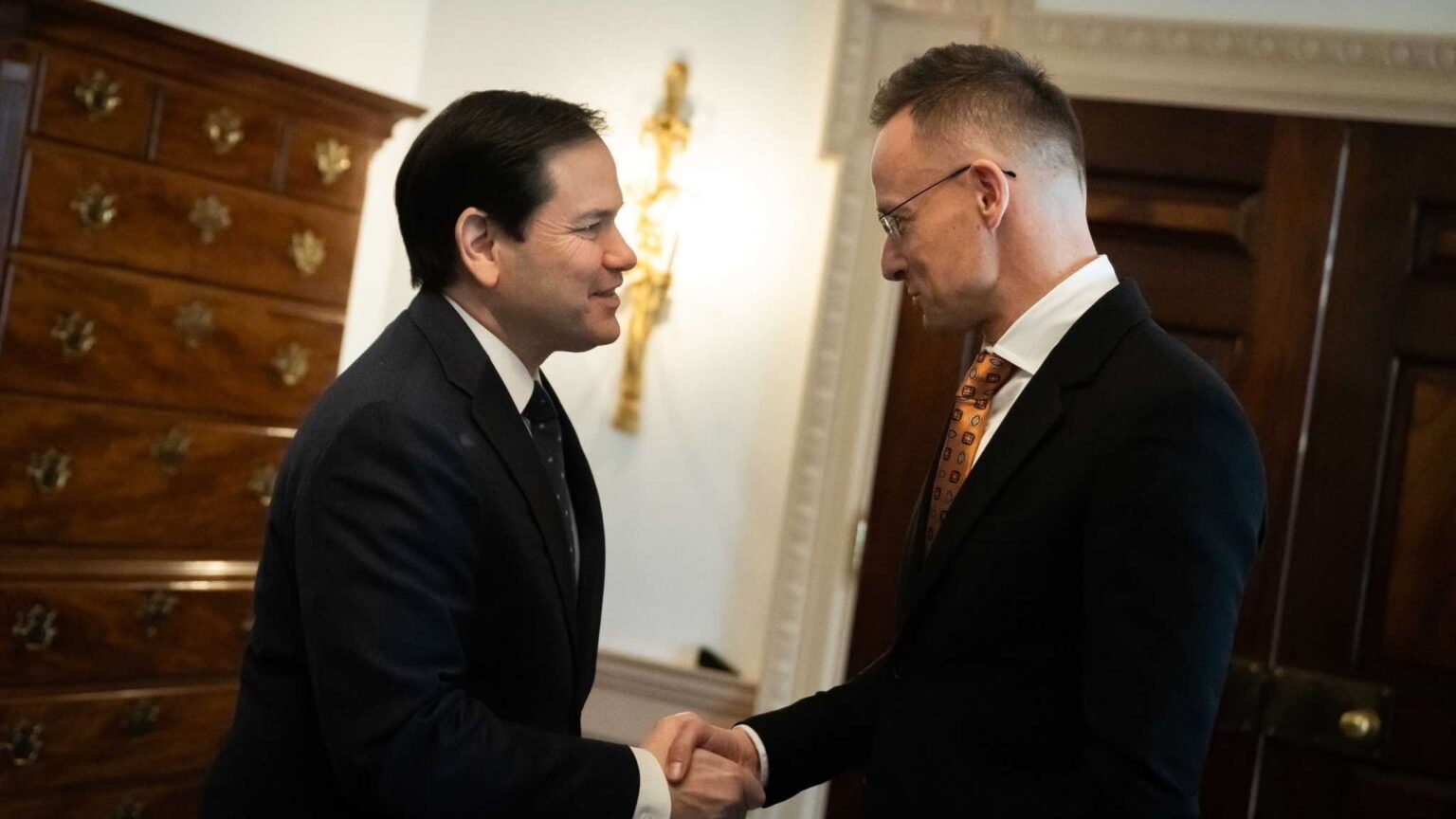
Hungary and the United States are set to deepen cooperation in nuclear energy, as Foreign Minister Péter Szijjártó announced a new intergovernmental agreement with US Secretary of State Marco Rubio. The deal focuses on fuel supply, waste storage and small modular reactors.
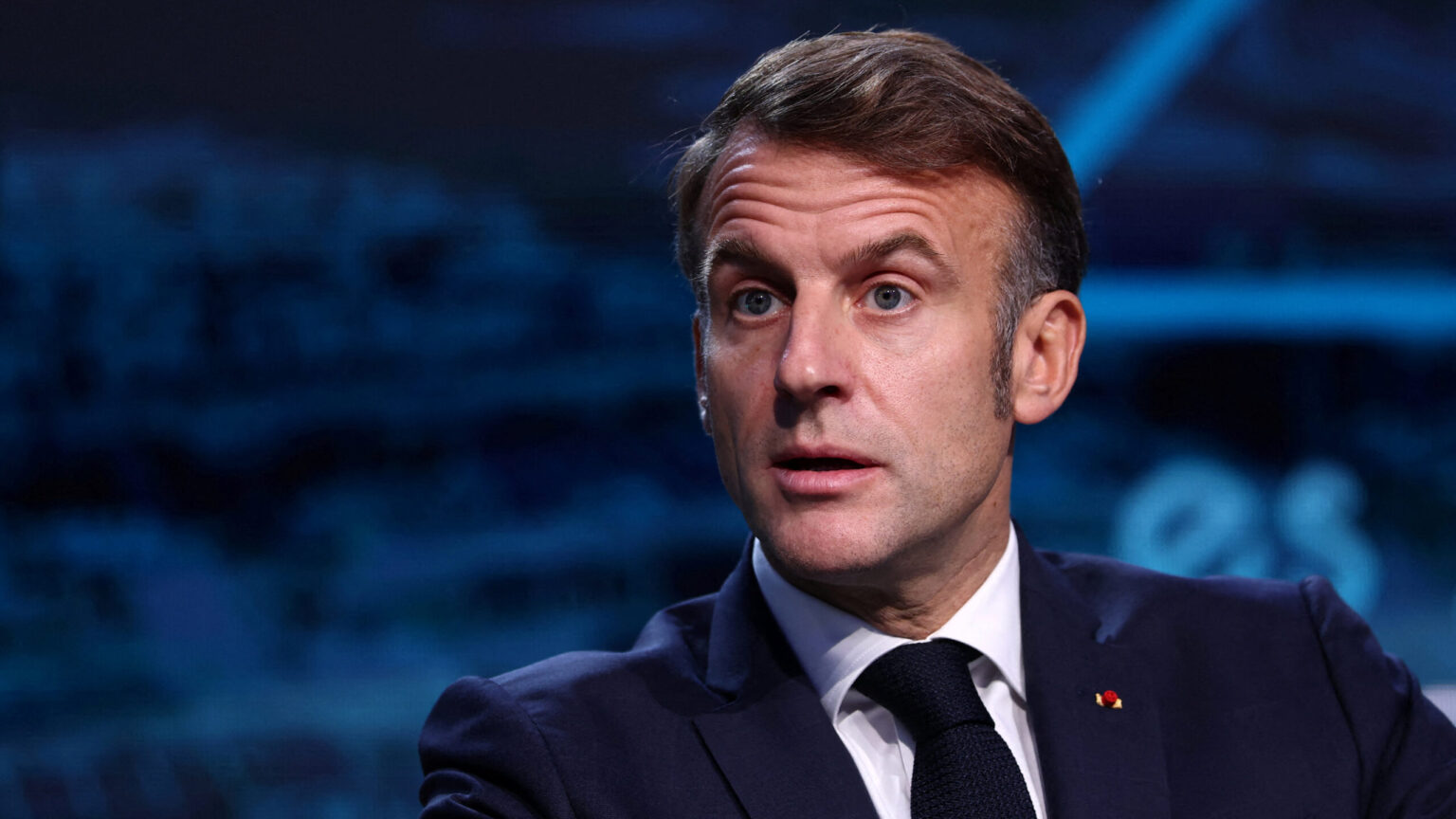
The liberal establishment appears to be turning its back on French President Emmanuel Macron. As his approval ratings collapse and his mandate nears its end, even former allies like his mentor, Alain Minc, have joined the chorus of critics, accusing him of ‘narcissism’ and ‘imperilling French institutions’ while leaving France in deep political instability.
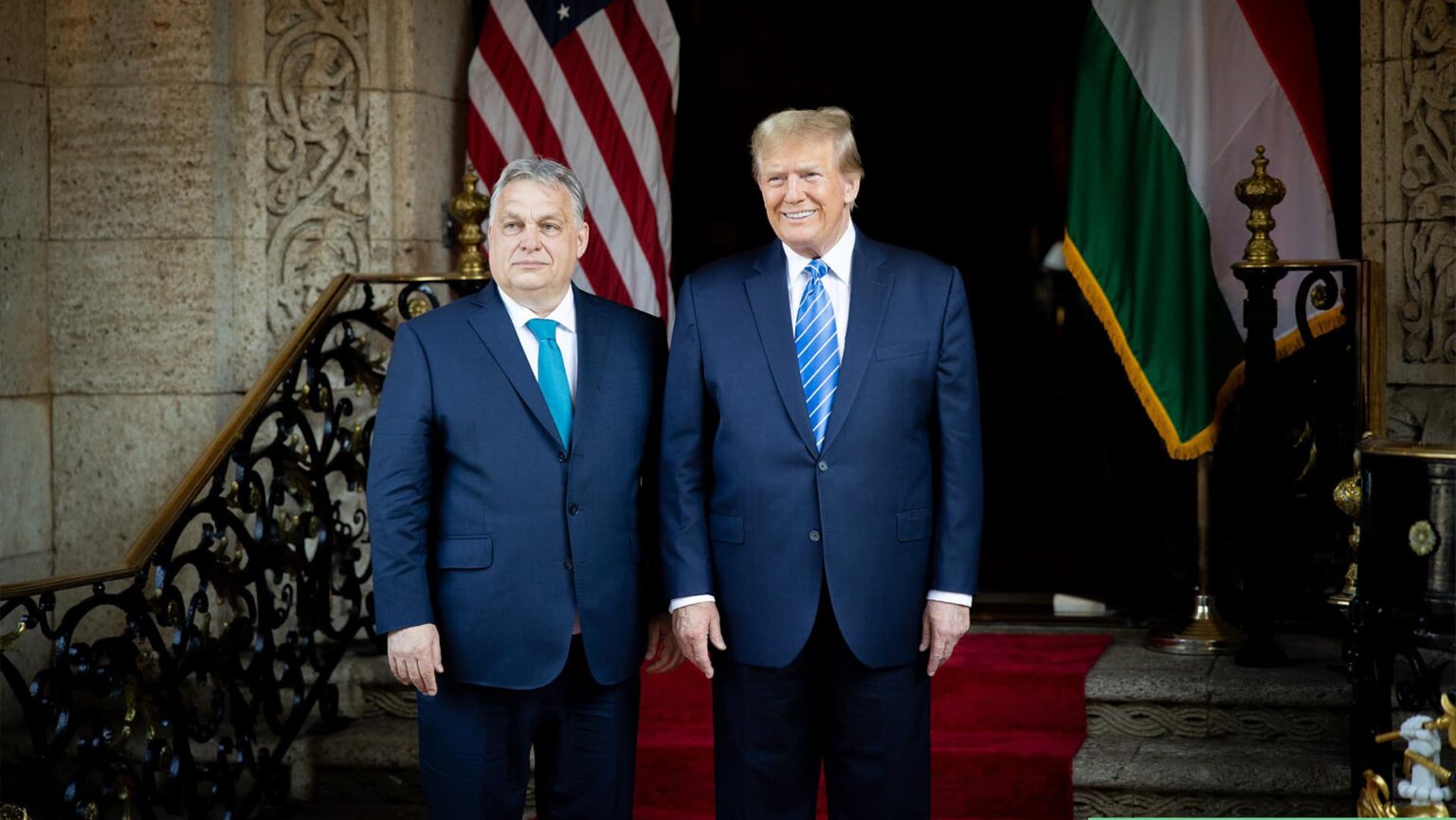
‘For us, it is a matter of life and death,’ Viktor Orbán said on his way to meet Donald Trump. Szabolcs Pásztor of the Oeconomus Economic Research Foundation pointed out that few European leaders enjoy such personal rapport with Trump, calling the visit ‘highly significant’ and predicting ‘major agreements’ between the two countries.

What will be the main topics of Viktor Orbán’s 7 November White House meeting with Donald Trump? Can he secure an opt-out on energy, and how will Hungary’s connectivity strategy hold up if global powers clash? We spoke with the Deputy State Secretary at the Prime Minister’s Office about the potential new deals between Trump and Orbán.
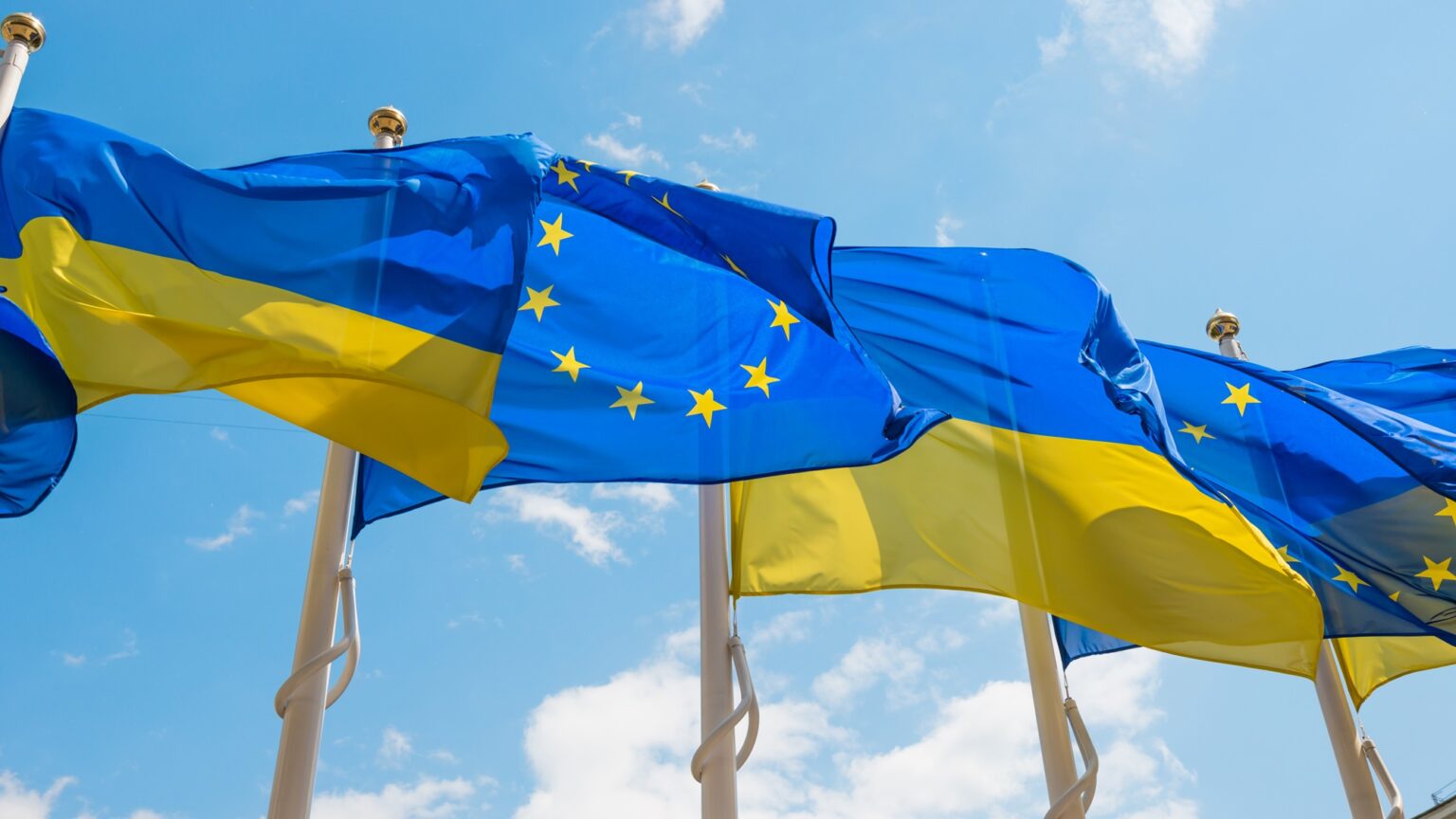
‘The Commission considered Ukraine’s support to be more important than the protests at the national and sectoral level in the Member States and therefore pushed through the amendment to the trade agreement…’

Portuguese football superstar told Piers Morgan that President Trump is one of the few people he would want to meet in person, but has not yet had the chance. Morgan, given his personal relationship with the POTUS, replied that he could probably make that happen. Ronaldo has already sent a shirt to President Trump with the handwritten note ‘Praying for Peace’.

‘In this age of political polarization, the rise of AI has created a world where we are quickly losing the ability to know what is real.’

Budapest has received the Global Smart Green City Award in Geneva for its progressive environmental and climate strategy. The recognition places the Hungarian capital among Europe’s leading sustainable cities, highlighting its work on clean energy, green spaces and smart urban governance.

Revolut UAB has officially been added to the Hungarian central bank’s registry, paving the way for local HU IBAN accounts in Hungary. The update could soon simplify transfers for more than 1.5 million Hungarian users, as Revolut prepares to launch its domestic branch.
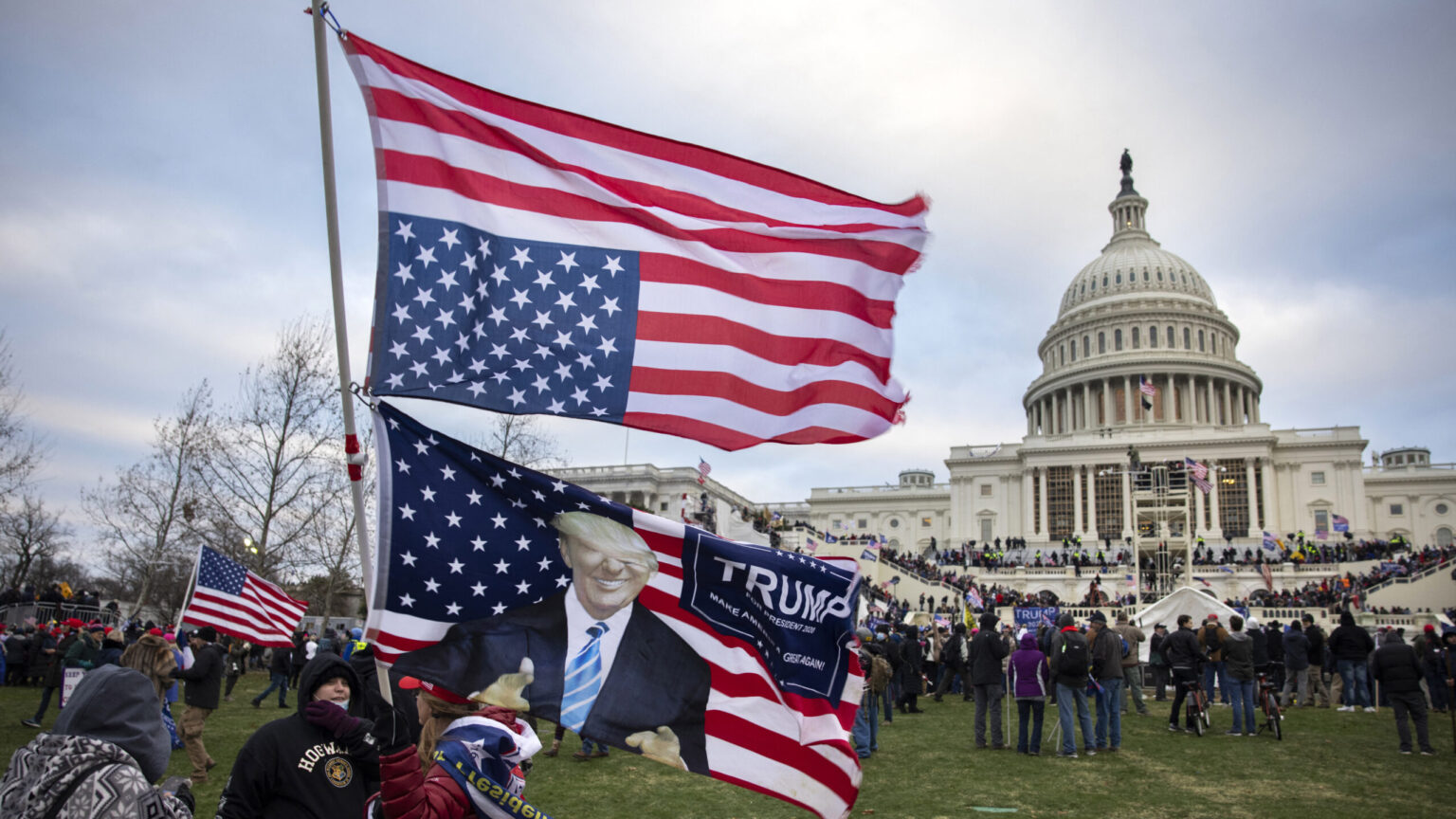
BBC is facing accusations of manipulating footage of Donald Trump’s 6 January speech in a Panorama documentary aired just a week before the 2024 presidential election. A leaked 19-page dossier by former BBC standards committee member Michael Prescott claims the broadcaster spliced quotes to make it appear Trump incited the Capitol riot.

Brilliant autumn colours greet visitors at the University of Szeged Botanical Garden this Saturday, where the traditional Japanese Momiji celebration will showcase fiery maple leaves alongside cultural programmes, guided walks, music, and arts inspired by Japan.
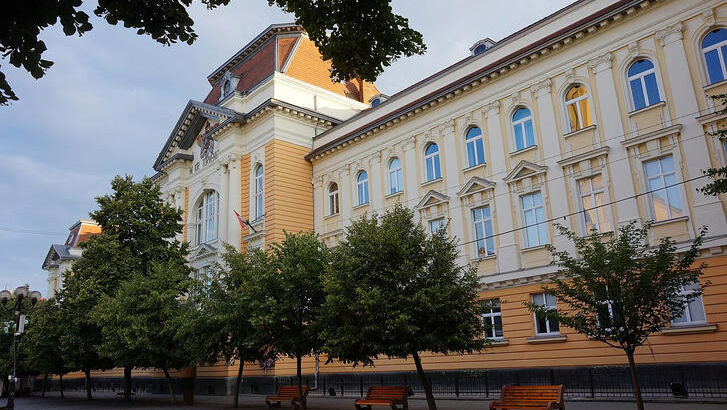
Four Hungarian students from the Ferenc Rákóczi II Transcarpathian Hungarian University detained for conscription have been released, Hungarian Minister of Foreign Affairs and Trade Péter Szijjártó confirmed on Wednesday. He said the students were exempt from service under Ukrainian law and that Budapest had maintained constant contact with local authorities.

‘Ostpolitik became the means for the Church to engage the Warsaw Pact nation-states under the pontificates of Popes John XXIII and Paul VI.’
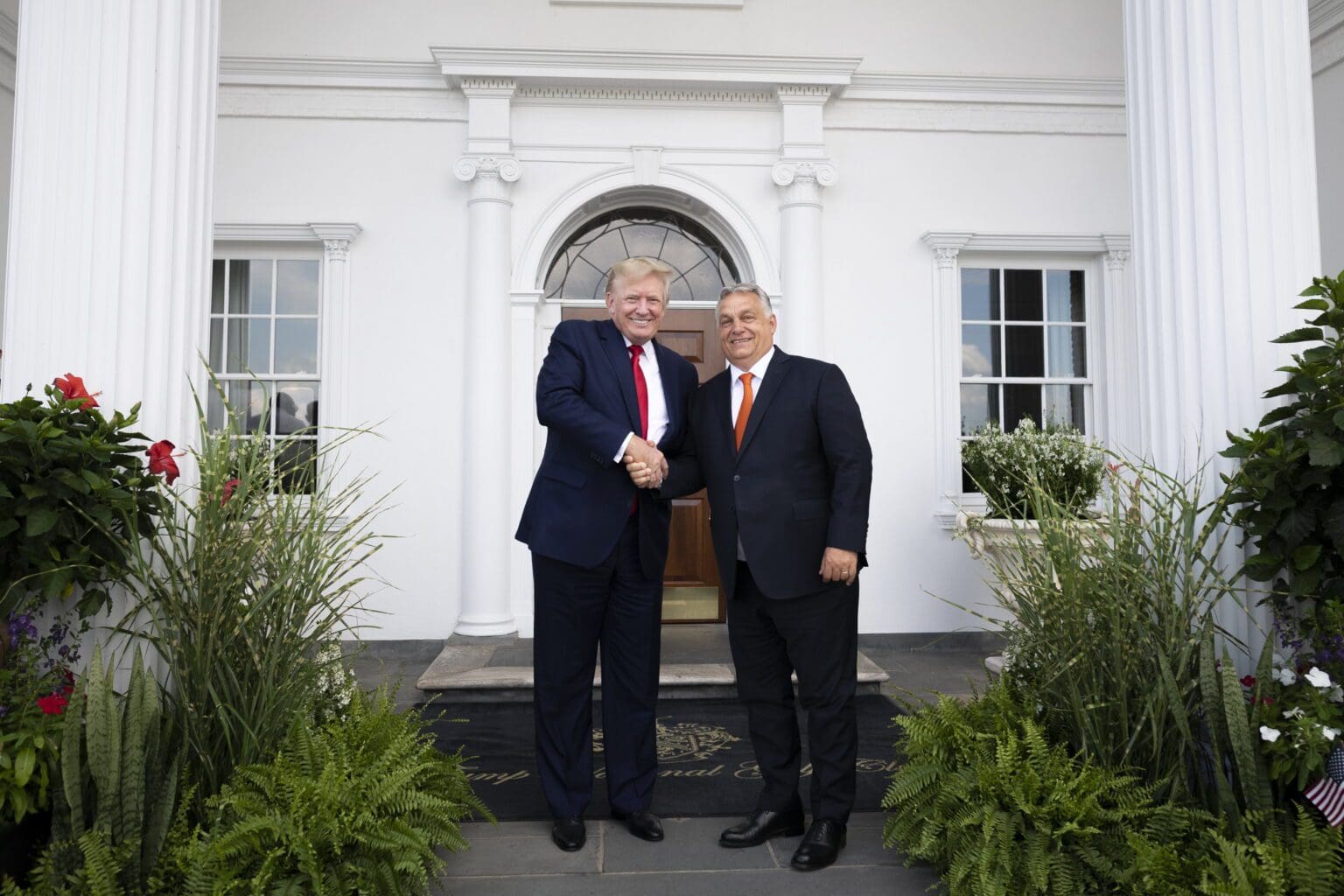
Viktor Orbán will travel to Washington on 7 November to meet Donald Trump, seeking to strengthen Hungarian–American relations through a new strategic economic cooperation package. In a video statement, the prime minister said politically driven sanctions imposed under Joe Biden had been removed, paving the way for closer bilateral ties.
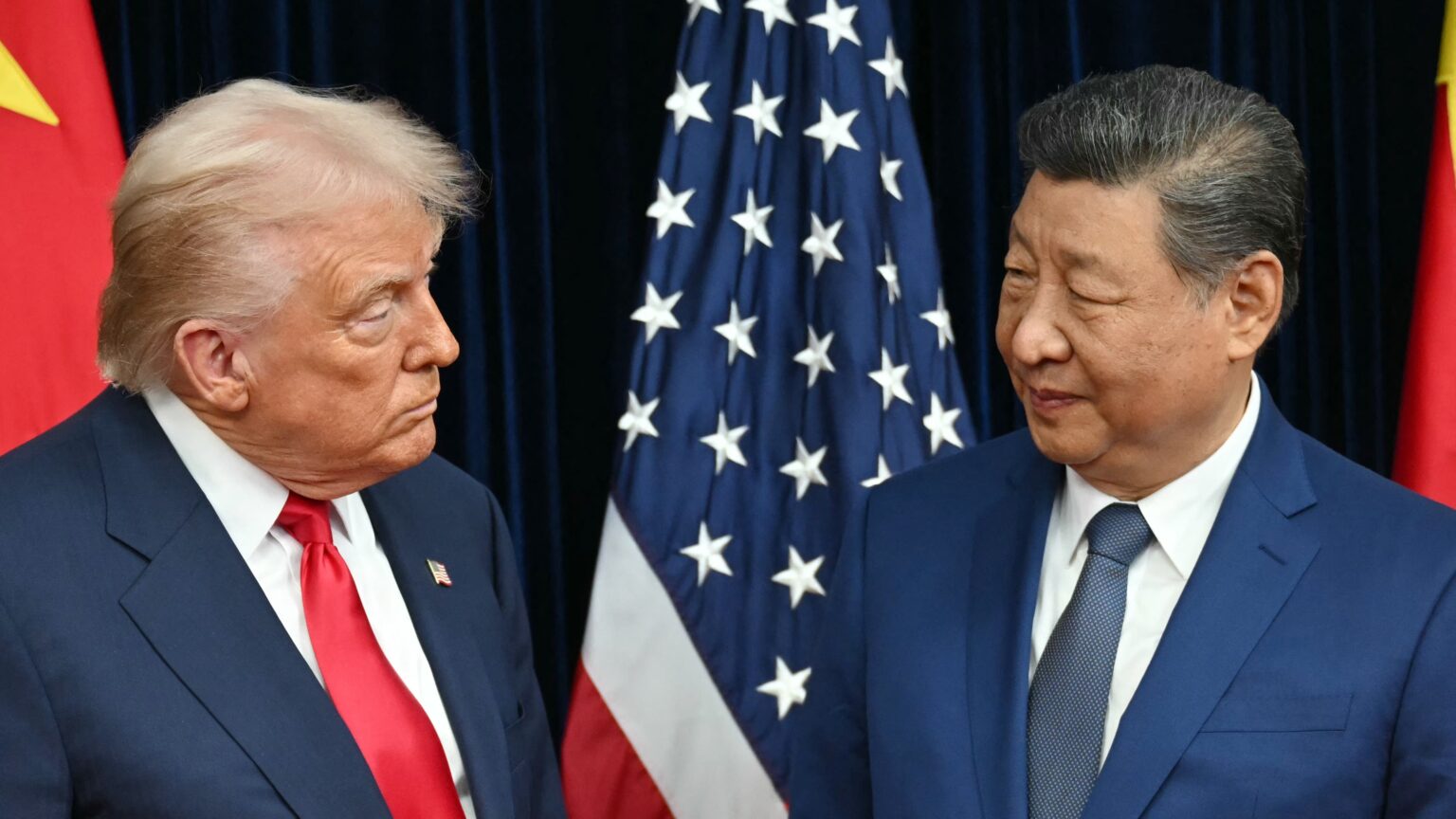
‘A trade offensive against China is not a dinner party either, even though Trump and his advisers seem to have believed it would be.’
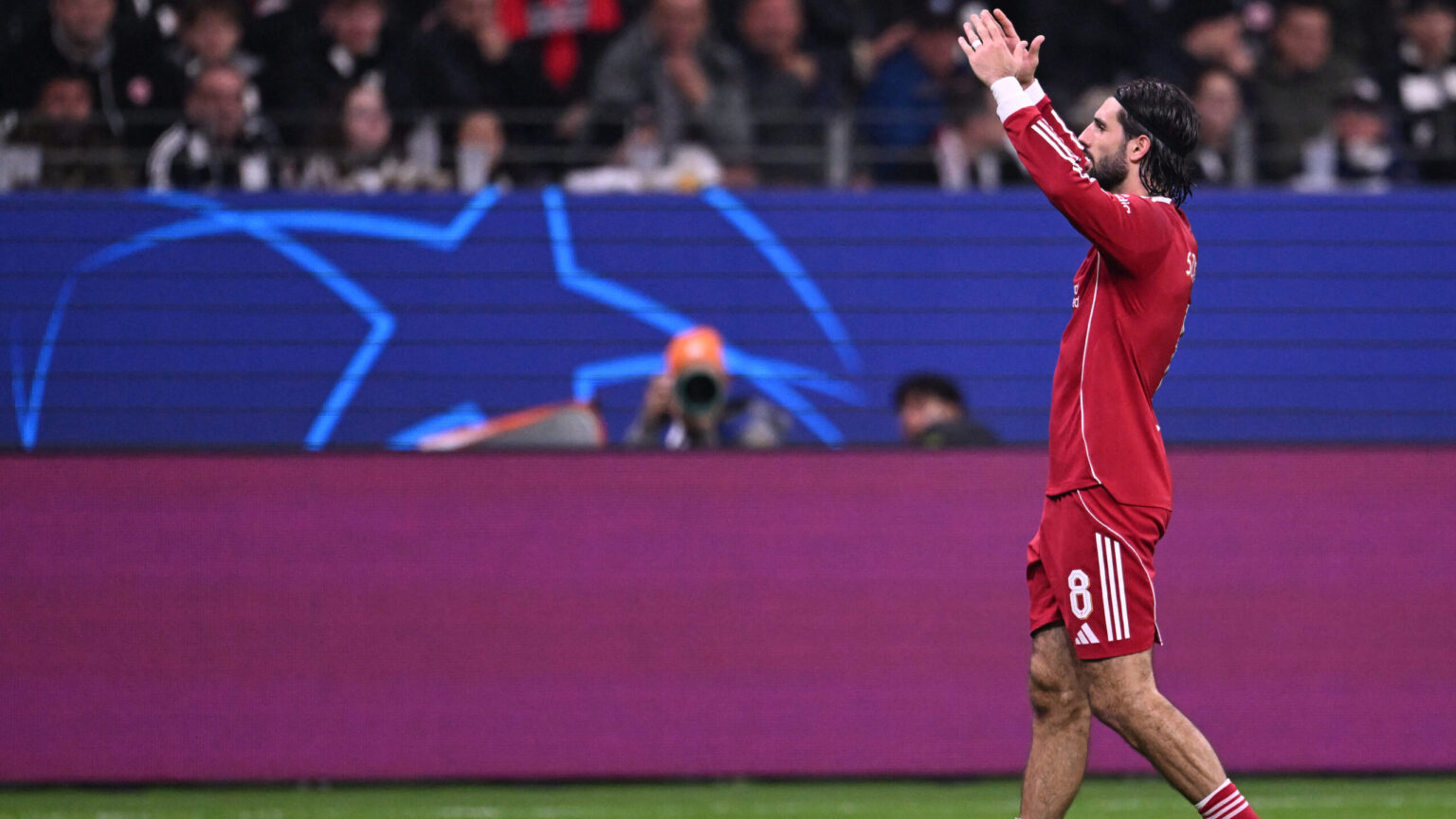
Liverpool appear to be climbing out of their recent slump, and much of the credit goes to Dominik Szoboszlai. After four consecutive Premier League defeats, the Reds have now won twice in a row—including a crucial Champions League victory over Real Madrid—with the Hungarian midfielder emerging as the team’s driving force and emotional leader.

‘Children often see the internet as their natural environment, yet may be unaware of the dangers it contains, making informed parental guidance essential.’
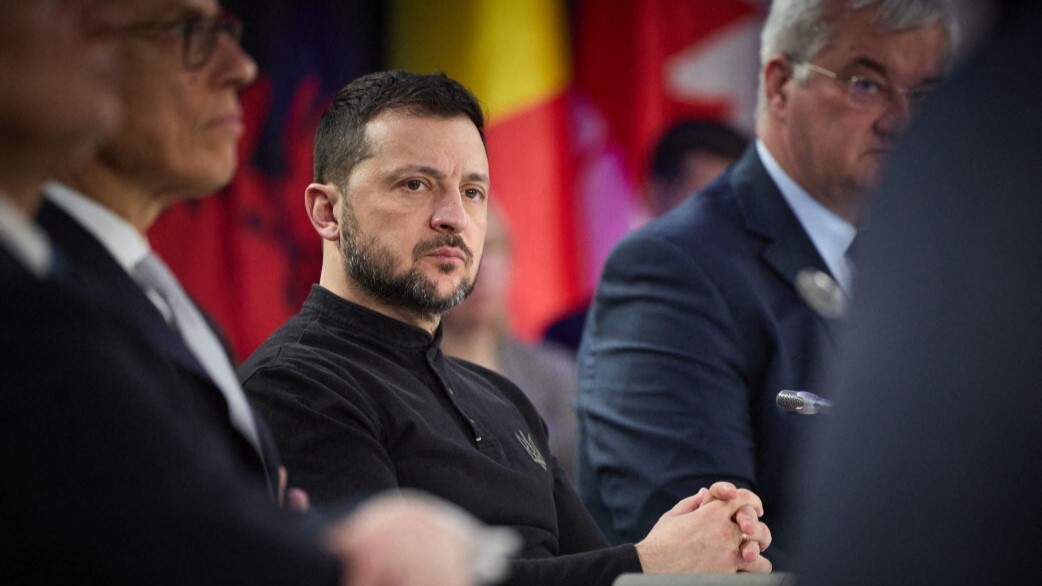
Ukrainian President Volodymyr Zelenskyy has urged Hungary to stop obstructing his country’s EU bid, as Brussels recommended opening membership negotiations with Kyiv. Addressing an Euronews enlargement forum, Zelenskyy appealed to Prime Minister Viktor Orbán to show solidarity with a nation ‘fighting for its survival’ against Russia.
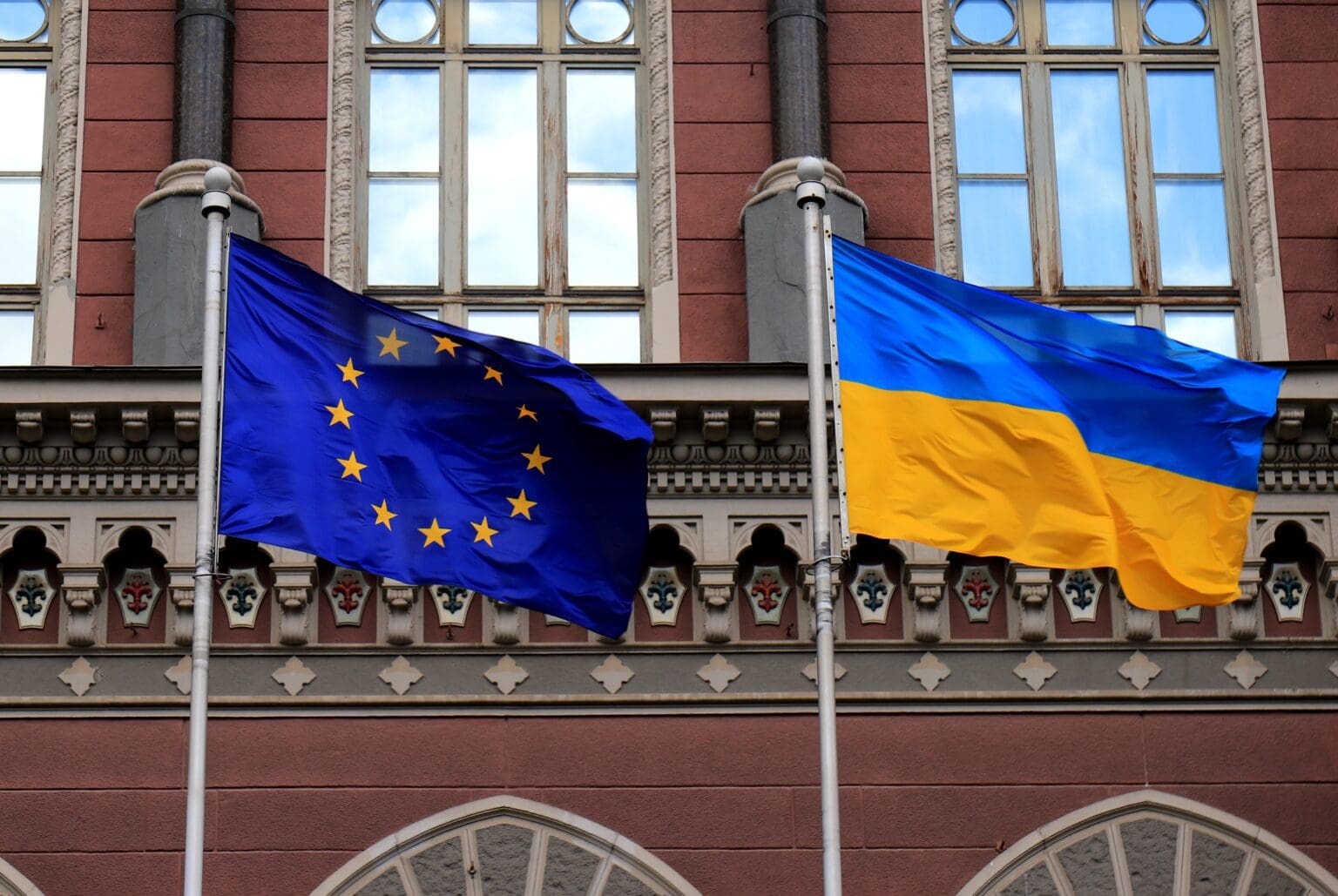
‘According to the European Commission, Ukraine has made significant progress on its enlargement path, so much so that it has already met the conditions to open clusters on fundamentals, external relations, and the internal market…Berlaymont does not rule out the feasibility of Ukraine’s accession by 2028.’
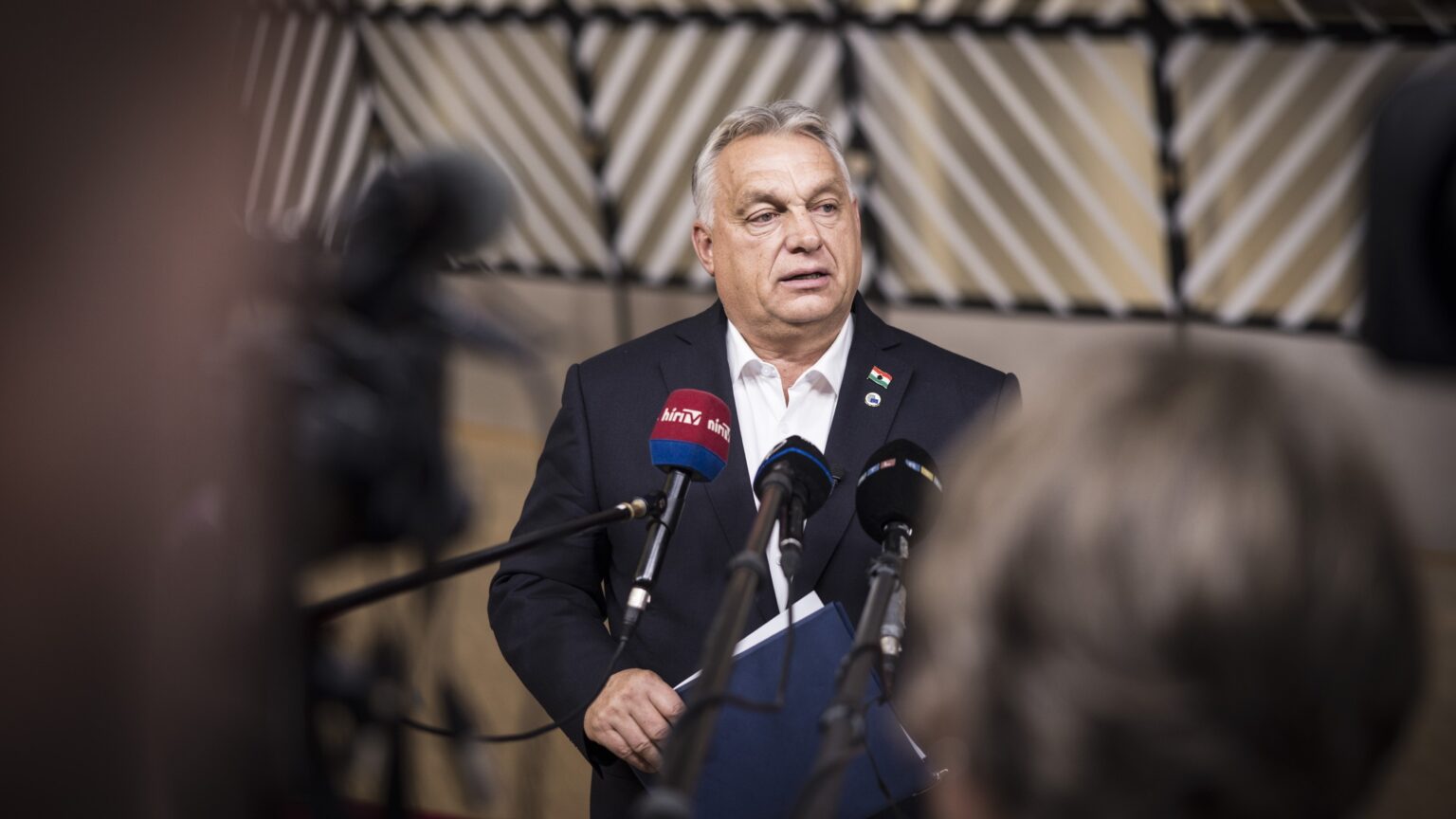
A new analysis from the Center for Fundamental Rights claims the governing Fidesz–KDNP coalition maintained a strong lead in October, while the TISZA Party continued to struggle amid controversies over data leaks, policy proposals, and public communications.